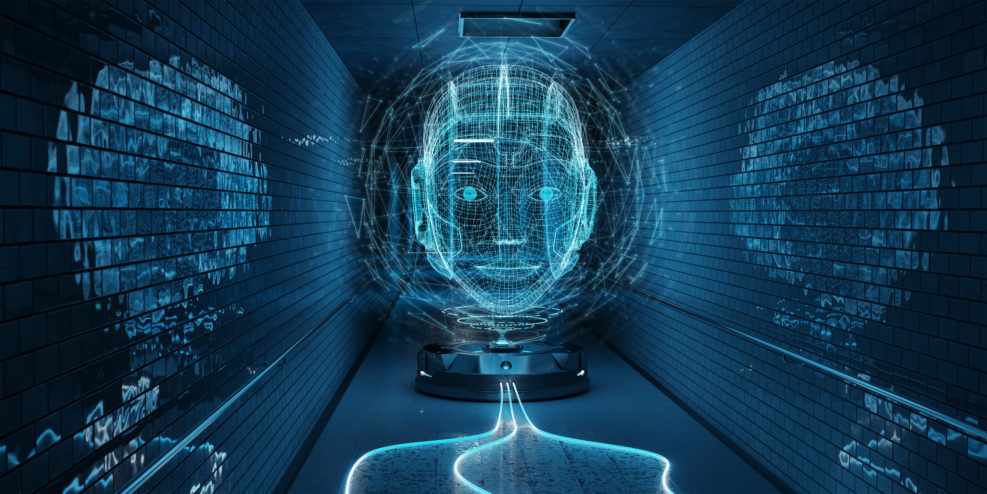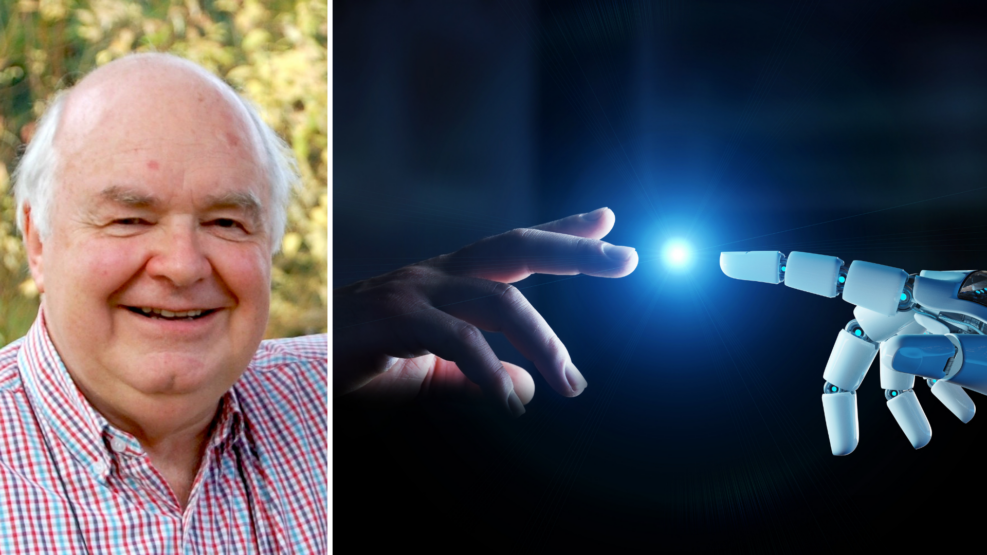
The Incoming Tidal Wave of AI Deceit
Every technological advance brings painful disruptions with itLeaders in business and science have called for a moratorium on developing artificial intelligence. They’re putting human wisdom up against humans’ quest for power, and we know who always wins those battles. Pardon the cynicism, but honestly, I don’t think we’ve begun to realize what a horrific mess we’re creating for ourselves here. AI developers will promise you great good from it. In reality it looms over us as a huge yet mostly unrecognized threat, especially for the damage it will do to human trust. AI itself won’t care, though. On one level it feels nothing, knows nothing, understands nothing. On another level it’s really quite insane. It’s innocent enough when confined in proper limits. AI-assisted braking in your car is Read More ›


















